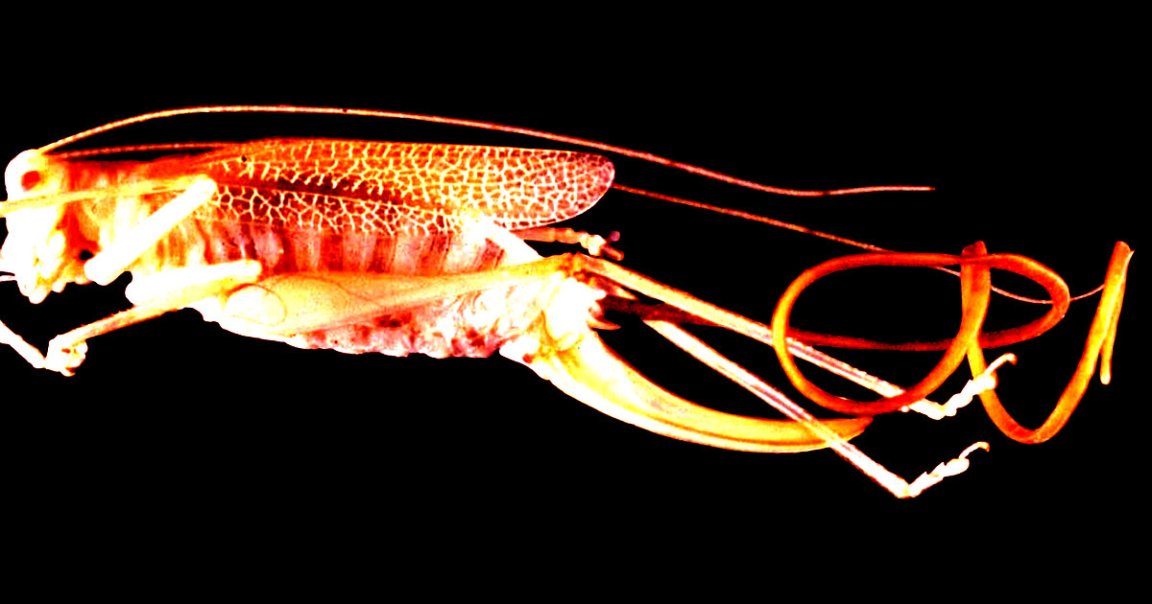
Spaghetti Yeerk
For years, researchers have known about a species of parasitic critters called hairworms that can “mind control” their host by hijacking their cognitive functions.
Now, it turns out the spaghetti-like organisms that spend almost their entire lives inside other animals’ bodies have yet another peculiar claim to fame.
As detailed in a new paper published in the journal Current Biology, hairworms lack a startling proportion of the genes researchers expected them to have — which only adds to their already mystifying nature.
“What we found, which was very surprising, was that both hairworm genomes were missing about 30 percent of a set of genes that are expected to be present across basically all groups of animals,” said Tauana Cunha, a postdoctoral researcher at Chicago’s Field Museum and lead author of the study, in a statement about the findings.
Worm Bodies
Hairworms were already a bit of an oddball in the animal kingdom.
“One of the coolest things, maybe the thing that they are most known for, is that they can affect the behavior of their hosts and make them do things that they wouldn’t do otherwise,” Cunha enthused.
But as it turns out, that isn’t the only quality that sets them apart. After analyzing and sequencing DNA samples from two hairworm species, Cunha and her colleagues found something astonishing.
“Cilia are organelles, small structures at the cellular level, that are basically present across all animals and even more broadly, in protists and some plants and fungi,” Cunha explained. “So they’re present across a large diversity of life on Earth.”
The researchers concluded that hairworms likely don’t have any cilia, since they don’t have the “machinery to make cilia in the first place,” as Cunha explained.
That means the researchers are now left with even more questions. How can hairworms survive without these near-ubiquitous biological features? Do they get by without them since they spend most of their lives living off their host?
It’s a significant puzzle that’ll require further research to solve. Cunha suggests we could compare the genes of these hairworms to other mind-controlling parasites to see if we can find some “similarities” — a grisly subject matter that’s as fascinating as it is gruesome.
More on parasites: Terrifying Parasite Can Actually Triple an Ant’s Lifespan